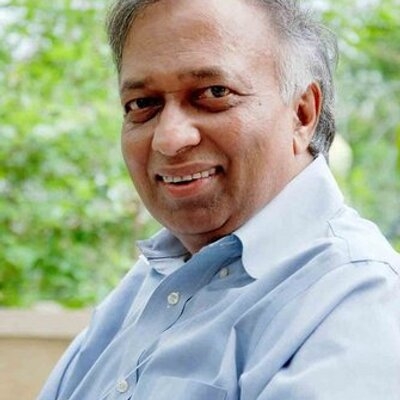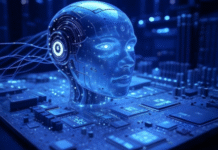Thiruvananthapuram– Convergence of artificial intelligence (AI) and life sciences has become an imperative necessity as these are poised to become the harbingers of future engineering discipline that will impact human life in general and academic disciplines in particular, said an internationally acclaimed expert in super computing.
Padma Bhushan awardee Vijay Bhatkar said that engineering and life sciences must merge together and come out with new entities that are going to create a huge impact on human life.
He said this while delivering the keynote address at the three-day meeting of the 16th Rajiv Gandhi Centre for Biotechnology (RGCB) Scientific Advisory Council.
Bhatkar, who is the Chancellor of Nalanda University, said the progress of RGCB is not possible without getting exposed to the new emerging disciplines of AI and machine learning.
“While learning it, you are not only getting exposed to this, you are actually driving the engineering discipline in many ways. Today, there is no discipline that is not touched by AI. It has emerged so profoundly that it has made a deep impact on all academic disciplines,” added Bhatkar, known as the architect of India’s initiative in supercomputing.
Bhatkar said the new National Education Policy argues for liberal education, which is similar to the education system that prevailed in the ancient Nalanda university.
“Several disciplines were taught in a liberal manner in Nalanda by teachers and seers. That education system was admired and acclaimed by many. We should have liberal education in all our universities. Still, I don’t know how it is going to be implemented, but it is our responsibility to do that,” he added.
Bhatkar, a well-known computer scientist, IT leader and educationalist, said the distinct choice between engineering and life sciences or medical sciences completely separates one’s exposure to biology.
Similarly, the people specialising in biology and life sciences are not exposed to engineering in a critical way. (IANS)







